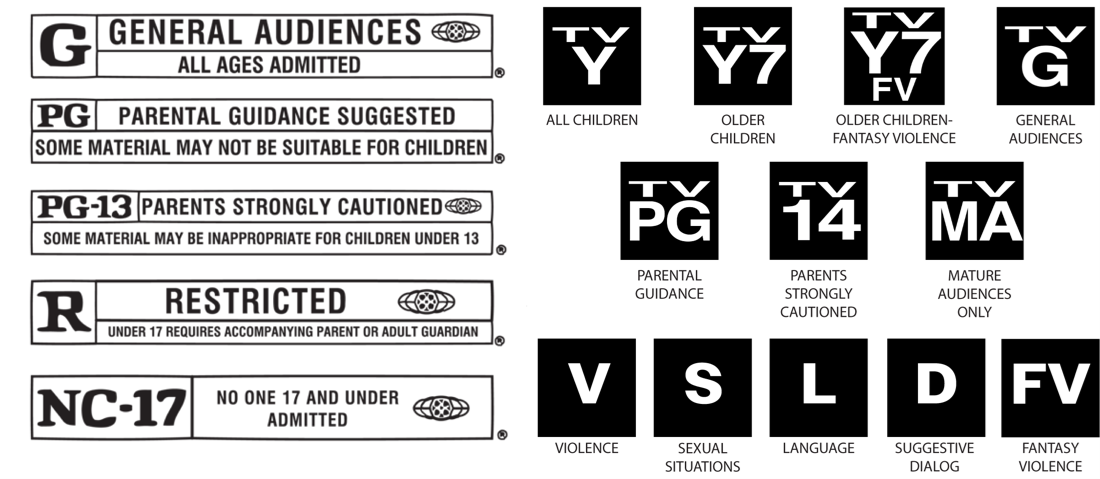Australia’s New Media Bill Could Give Big Tech the Boot
Big Tech is on watch with Australia’s new media bill. Introduced to parliament in December 2020, the new bill “will pass into law fairly soon” and require digital platforms to pay for news. This means that companies like Google and Facebook will have “to pay local media outlets and publishers to link their content,” according to CNBC.
Paul Fletcher, Australian Minister of Communications, Urban Infrastructure, Cities, and the Arts, spoke with CNBC’s “Street Signs Asia” about the new law, saying the government expects large companies like Google and Facebook to comply with the bill. “The democratically elected government of Australia expects that businesses that are doing business in Australia will comply with our laws.”
How Much Does Each Company Pay?
According to the bill
itself, each digital platform must make an offer to each registered news business corporation (RNBC): “the agreement specifies that the responsible digital platform corporation will ensure the payment of remuneration to the covered RNBC (or a related body corporate of the covered RNBC) for the making available of the registered news business’ covered news content by one or more of the covered services, in respect of the covered period.” Any offer made by a company then becomes a binding agreement.
Essentially, the amount paid is determined by an offer made by the company in question (Google, Facebook, etc.) to an RNBC, and it is then either accepted or declined by the RNBC.
What Kind of News Are They Paying For?
The bill defines all covered media content as “core news content” or “content that reports, investigates or explains current issues or events of interest to Australians.” Essentially any news that a user could get through a basic Google search or scroll through their Facebook feed would be regulated by this law. This has executives at Google and Facebook concerned.
What Does this Mean Going Forward?
According to CNBC, Google could pull its search engine from Australia entirely, despite its 94.5% market share. This move could allow other companies such as Bing or DuckDuckGo, to expand their reach and user base. Facebook (and FB-owned companies) have also come out saying they could prevent Australians from sharing news on their social networks.
Google CEO Sundar Pichai met with Fletcher as well the Australian Prime Minister, Scott Morrison, and Treasurer, Josh Frydenberg, to discuss the bill. During the meeting, it was made clear that Google would have to comply with the terms if they wanted to maintain a presence in Australia.
“We have seen from time to time over the last few years, big tech companies — typically U.S. tech companies — make threats about leaving Australia if they weren’t happy with our regulatory settings,” Fletcher said.
According to The Guardian , Tim Berns-Lee, who invented the iconic world wide web (WWW) in 1989, said this new media bill “risks breaching a fundamental principle of the web by requiring payment for linking between certain content online.”
Berns-Lee went on to say that blocking a user’s ability to share links with other users was a core value of the web and requiring companies to pay for that privilege was considered a world-first provision.
“If this precedent were followed elsewhere it could make the web unworkable around the world,” he said. “I therefore respectfully urge the committee to remove this mechanism from the code.”
Google and Facebook are the primary targets of this bill, since they make up 80% of the advertising spend in Australia. Facebook appealed to the Australian Senate committee, arguing that the new regime created by the bill was “complex, unpredictable and unworkable for our business.” They even suggested that such a bill runs “contrary to the Australia-US free trade agreement,” echoing a similar concern from the US government.
Google also believes the code is unworkable, and “would break the way search engines and the internet work for everyone.” It even proposed that their search engine be exempt from Australia’s new code.
According to Financial Review , Microsoft’s president, Brad Smith, thinks the media bill helps “level the playing field” between Big Tech and news media. He said he would make sure Microsoft complied with the order and was willing to sacrifice profit if the US government decided to adopt a similar bill.
Related Posts


SILICON VALLEY
2336-H Walsh Ave.
Santa Clara, CA 95051
+1(408) 550-2344
LOS ANGELES
3900 W Alameda Ave.
Burbank, CA 91505
+1(310) 496-7307









